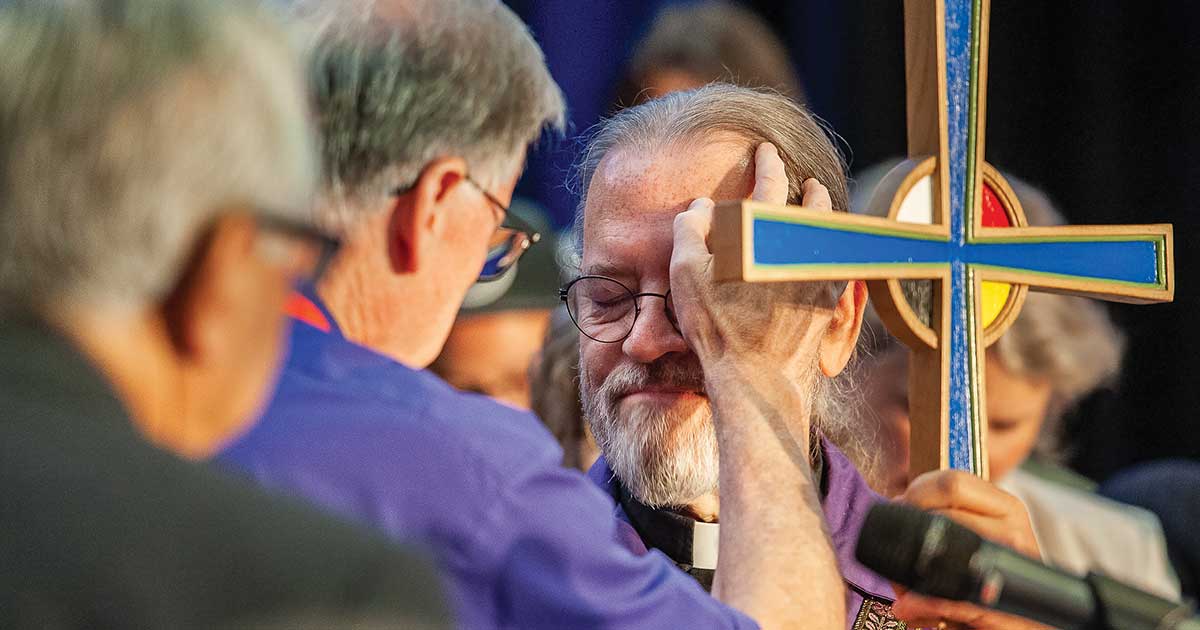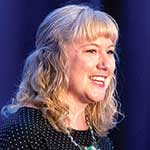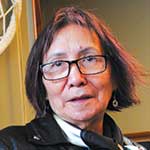
A historic moment for the Indigenous church
On July 12, 2019, General Synod voted to enable a self-determining Indigenous church within the Anglican Church of Canada, realizing a vision decades in the making. The decision gave Indigenous Anglicans across the land the authority to create a church by and for themselves, integrating Indigenous traditions with Anglican practices and raising a new generation of spiritual leaders from coast to coast to coast.
Meanwhile, the church’s Indigenous Ministries department continued to carry out some of the most vital ministry in the church. Suicide prevention, especially among Indigenous youth, continued as a priority in 2019. Three paid employees—one full-time and two half-time—continued to build and support a network of lay and ordained volunteers working with young Indigenous people across the country.
Reconciliation in action

Reconciliation Animator
2019 saw us take further steps in developing and strengthening our church’s reconciliation work between Indigenous and non-Indigenous people and communities through the work of Reconciliation Animator Melanie Delva. Speaking at Anglican gatherings in nine dioceses and continuing to grow the Anglican Reconciliation Connections (ARC) network—a group of Anglicans committed to leadership in the ministry of reconciliation—Delva also wrote and released an insightful report on the Indian Residential Schools Settlement Agreement and its impacts, offered leadership at national meetings of the parties to the Settlement Agreement (survivors, churches, and government), and supported the work of the Jubilee Commission in its exploration of a viable financial future for the self-determining Indigenous church.
Healing the hurt caused by residential schools

Healing Fund Coordinator
Since 1992, the Anglican Healing Fund has been funding projects across Canada that promote healing in Indigenous communities. Under the leadership of the Healing Fund Coordinator Martha Many Grey Horses, its focus has evolved to include a strong emphasis on capacity building as a dimension of the community projects it supports, and from a focus on language recovery to addressing the healing needs of former residential school students, their families and their communities. Dr. Many Grey Horses hopes that “in their work they can heal the hurt inflicted upon our Indigenous cultures, ways and languages.”
The work of Indigenous self-determination within our church, of reconciliation among Indigenous and non-Indigenous communities, and of healing in communities and families is helping to build a better future not just for the church, but for Canada. The generosity of Anglicans like you plays a vital role in building that future.
